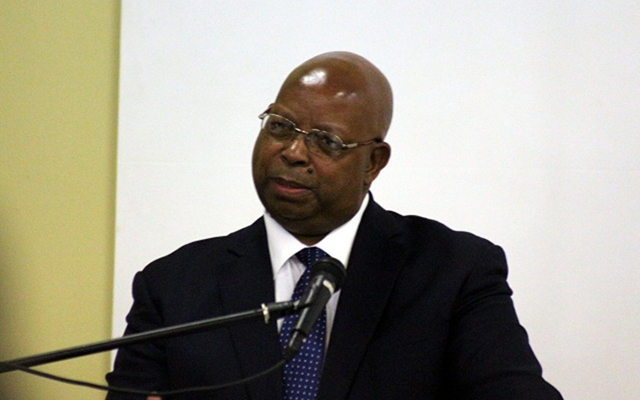Outlawing of child beating draws mixed reactions

Daniel Nemukuyu Senior Court Reporter
Christian and traditional leaders have slammed the recent High Court decision outlawing the beating of children at school and in homes, saying it had an effect of spoiling the children and promoting indiscipline in the country. Justice David Mangota declared the practice unconstitutional and struck down relevant pieces of legislation that allowed canning in schools.The ruling bars the beating up of children even for disciplinary purposes.
In an interview, Bishop Patience Itayi Hove of the El Shaddai Ministries International said the decision had serious repercussions to society.
She relied on Proverbs 13 Verse 24 which reads:
“Whoever spares the rod hates their children, but the one who loves their children is careful to discipline them.”
Bishop Hove said beating up children was biblical and it helped in the process of training them up.
“The word of God allows that. At least 85 percent of Zimbabweans are Christian and we must read and abide by the word.
“Children should be beaten up but that must be done responsibly,” she said.
Reverend Paul Damasane, principal director in the Ministry of Rural Development, Preservation of Culture and Heritage said beating up children was a necessary evil.
“The Bible commands us to train up our children and we should find ways of complying with the command both in schools and at home. The Bible says foolishness is bound up in the heart of a child but the rod of correction drives it away,” he said.
Rev Damasane said beating up a child should be used only as a last resort because there were several other means of driving away foolishness from children.
Chief Seke, Mr Stanely Chimanikire, weighed in saying the judgment was not in sync with Zimbabwean culture.
“We were brought up in an environment where children were disciplined through the use of a rod and we did not die. Children need some form of discipline to shape them into responsible and well behaved future men and women.
“Grooming in our context, involves some beating, but we must make sure we do it out of love and responsibly,” he said.
Chief Seke said the abolition of corporal punishment would promote juvenile delinquency.
“The decision of the court, if implemented, will bring more problems than solutions to our country. The children will become more mischievous and uncontrollable,” said Chief Seke.
Historian and former Cabinet Minister and educationist Cde Aeneas Chigwedere said outlawing child beating was necessary but some control measures must be put in place to protect the same children from abuse.
“The starting point of progress is discipline. If there is no discipline, there is disorder.
“Beating is necessary but the teachers and parents must be controlled. Some of the parents and teachers are ruthless and they unreasonably and brutally assault the children.
“Under the colonial era, there was a law barring teachers from beating up children. When the child’s mischief got out of hand, teachers would take him or her to the school head for caning.
“Only the head had authority to beat up children but he would do so in terms of the set standard guidelines.
“There were standard sticks used to beat up naughty pupils to ensure their safety,” he said.
However, educationist and social commentator Mrs Rebecca Chisamba had different views.
“Personally, I am against corporal punishment. People are now abusing children in the name of disciplining them.
“These days some teachers may express their anger for delays in getting bonuses on the innocent children. When they have grievances with their employers or their bosses, the innocent souls may simply be caught up in crossfire and they are unjustifiably beaten up.
“Some parents, especially stepmothers, may punish the children to express their anger at the conduct of their husbands.
“Newspapers are awash with such cases where children are seriously injured or even maimed due to violent attacks in the name of disciplinary measures.
“I support the decision of the court and we must resort to non-violent means of disciplining our children like dialogue,” she said.








Comments